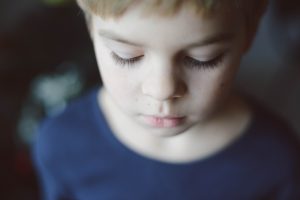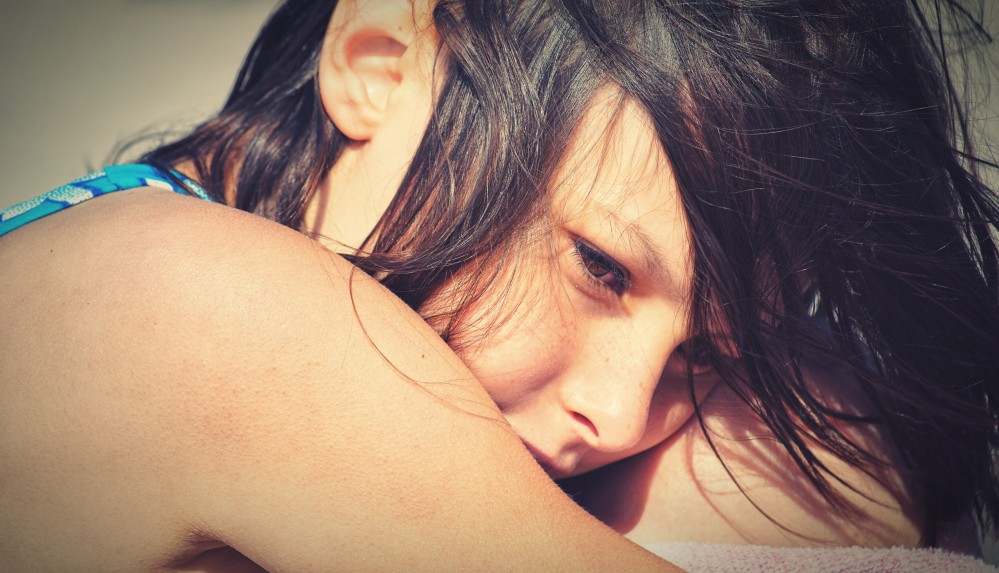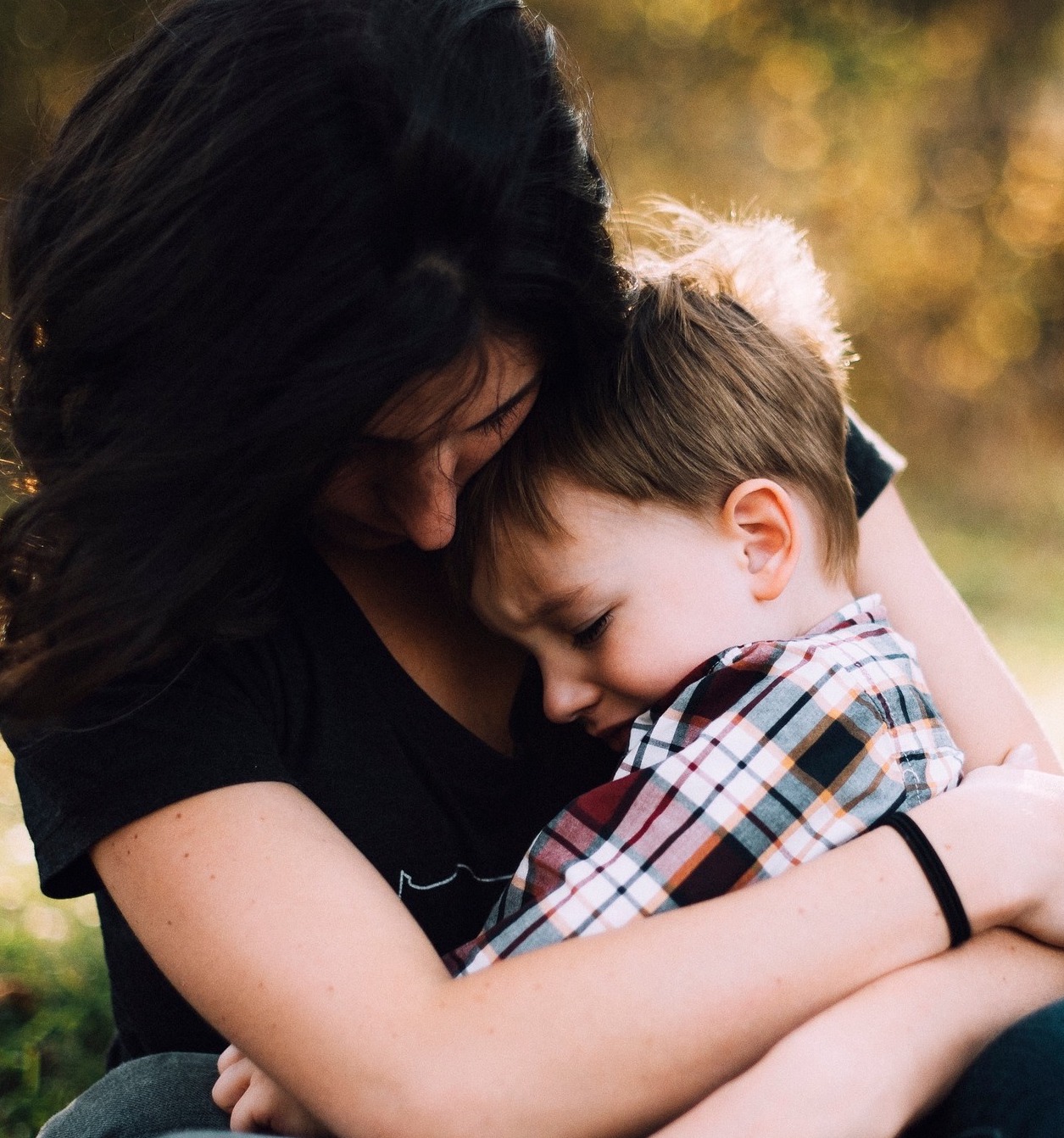What Does Childhood Anxiety Look Like? Probably Not What You Think.
 The good news in all of this is that child anxiety is very treatable, especially with early intervention. In learning to spot the sneaky signs of child anxiety, identify triggers of anxiety and teach kids coping skills, parents and educators can empower kids to manage their anxious feelings independently and thrive in social and academic settings.
The good news in all of this is that child anxiety is very treatable, especially with early intervention. In learning to spot the sneaky signs of child anxiety, identify triggers of anxiety and teach kids coping skills, parents and educators can empower kids to manage their anxious feelings independently and thrive in social and academic settings.
What does child anxiety look like?
The word “anxiety” may conjure images of a quiet worrier, but childhood anxiety wears many different masks. More often than not, symptoms of child anxiety fall into the following categories:
- Psychosomatic complaints: Kids don’t usually come home from school saying, “I felt really anxious at school today,” but they do say things like, “I have a terrible stomachache; I can’t go back to school tomorrow.” Frequent stomachaches, headaches and unexplained muscle aches and pains can all be symptoms of anxiety. It’s also important to watch for complaints of chest pain, racing heart, difficulty breathing, dizziness and difficulty swallowing. These can all be symptomatic of a panic attack.
- Anger and irritability: Most kids have meltdowns at times when they feel exhausted and overwhelmed. Frequent meltdowns that are lengthy and fueled by anger and irritability, on the other hand, are worth taking a second look. Child anxiety often looks like intense anger and a complete lack of emotional regulation.
- Sadness: Anxious kids can appear clingy, overwhelmed and sad. They are likely to burst into tears without explanation.
- Isolation and avoidance: Anxious children often engage in social isolation. They avoid additional social interaction beyond school, choosing the safety and comfort of home to recover. They are also master procrastinators and tend to avoid challenges.
- Fatigue: Coping with anxiety can be exhausting. Chronic fatigue in a previously active child can be a sign of anxiety.
- Poor concentration: Anxiety can make it difficult to focus.
- School refusal: School can feel like an exercise in survival for kids with anxiety, and school refusal is often the first red flag parents and educators notice.
- Frequent questions: Anxious kids tend to be concerned with personal safety and the safety of family and friends. They ask the same questions repeatedly and seek validation from adults often.
Common triggers
Anxiety often has a genetic component, but it can also be triggered by a number of factors.
- Genetics: Just like your child can inherit your eyes or your complexion, anxiety can also be transmitted from parent to child.
- Academic/achievement pressure: Sometimes pressure is self-prescribed; sometimes kids feel pressured by the adults in their lives.
- Learned anxiety: Children can learn anxious responses from the people in their homes. A perfectionist parent, for example, might unintentionally send the message that everything needs to be perfect.
- Bullying/social issues: Kids who experience chronic bullying can develop symptoms of anxiety. This includes cyberbullying, which is reaching younger and younger children. Kids who struggle with social anxiety can be triggered by large and unfamiliar social situations.
- Transitions: New homes, new schools and even new teachers can trigger an anxious child.
- Loss: Divorce, death of a loved one or death of a pet can result in symptoms of anxiety.
- Violence or abuse: Kids who experience child abuse or witness domestic violence or other acts of violence in the home can experience anxiety disorders.
Excerpted from “What Does Childhood Anxiety Look Like? Probably Not What You Think.” by Katie Hurley, child and adolescent psychotherapist and parenting educator. Read the full article online in The Washington Post for more details on how to help your child cope with anxiety.
Source: The Washington Post | What Does Childhood Anxiety Look Like? Probably Not What You Think., https://www.washingtonpost.com/news/parenting/wp/2018/10/09/what-does-childhood-anxiety-look-like-probably-not-what-you-think | © 2018 The Washington Post
Do you need someone to talk to? To schedule an evaluation or to get advice about your child’s or teen’s challenges, call or email a CHC Care Coordinator at 650.688.3625 or careteam@chconline.org CHC teletherapy services are available now.





